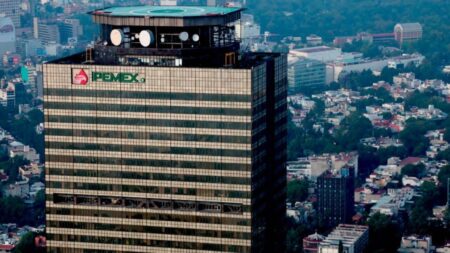Impulsora and Tesla sign agreement
The Monterrey based company Impulsora, a leader in Mexico in the commercialization of electrical, lighting and hardware equipment, signed an agreement with the American company Tesla to distribute and install batteries for the storage of electricity for the commercial and industrial sector.
In an interview Gabriel Arroyo, manager of Impulsora’s Energy Storage division, a firm that is part of the Nuevo León Energy Cluster, explained that this agreement will allow them to market the electrical energy storage units designed by Tesla in the United States.
“These batteries are made of lithium and are much more efficient compared to other materials. The battery modules, the inverters and the thermal system, among other components of the units, are pre-assembled and tested at the factory in an environmentally sealed box, ideal for the commercial and industrial sector that consumes electricity from medium voltage rates hours,” Arroyo explained.
He commented that the “Megapack,” the unit’s name, is available in 2-hour and 4-hour variants with capacity maintenance options, and inverter and battery module quantities can be configured to meet custom project requirements.
“These equipment, in addition to saving energy, save demand; one of its main uses is the ‘peak shaving’, where you literally ‘shave’ all these demand peaks that you have, because the CFE will take the maximum peak and charge the energy based on that peak,” he said.

Source: Mexico Now, El Financiero.
(https://mexico-now.com/impulsora-and-tesla-sign-agreement/)










